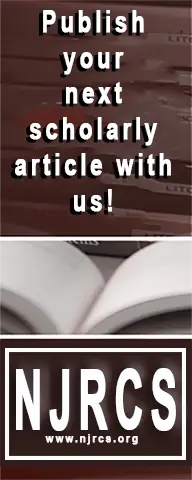Ecumenism and Interreligious Dialogue: An Interpretation of the Akan Proverb Ti Koro Nko Agyina
DOI:
https://doi.org/10.4314/njrcs.v13i1.1Keywords:
Akan proverbs, Akan political system, ecumenism, interreligious dialogue, multiculturalismAbstract
In our diverse world today, cultivating relationships between different religions and denominations is essential for fostering mutual understanding and promoting global harmony. This paper investigates the Akan saying ti koro nko agyina (one head does not sit in council) as an indigenous sacred text that encourages ecumenism and interreligious conversation. The saying highlights the importance of collective knowledge and collaboration among various religious communities to tackle societal challenges, asserting that no single faith possesses the entirety of wisdom. The study looks into the Akan governance system, which is marked by decentralization and a confederation lifestyle, where different clans, each with unique cultures and beliefs, come together to deliberatively engage in communal discussions and reach agreements. The significance of the okyeame (linguist) is underscored due to its crucial role in accurate interpretation and successful communication. The research employs a methodology that focuses on developing Akan contextual hermeneutics by incorporating indigenous knowledge, metaphors, and symbols, and contrasting it with conventional biblical hermeneutics. It promotes an expanded use of contextual hermeneutics to encompass indigenous texts, thereby enhancing interreligious discourse. Ecumenism is understood in both narrow and wide contexts, emphasizing interfaith connections and global religious cooperation. Different forms of interreligious dialogue are examined, such as life dialogue, educational exchanges, community participation, philosophical and theological discussions, and reflective practices. The proverb is positioned as a significant contribution to ecumenism, highlighting the importance of shared wisdom in addressing global issues.
Downloads
Published
Issue
Section
License

This work is licensed under a Creative Commons Attribution-NonCommercial 4.0 International License.





